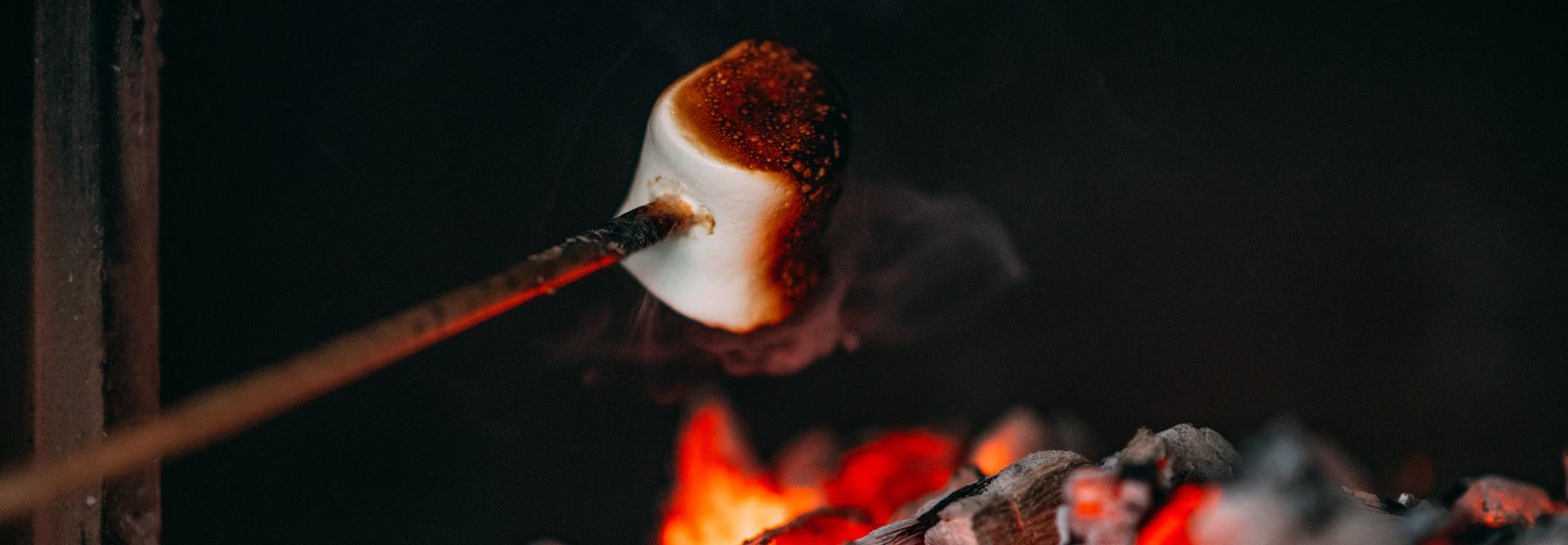
As I write this blog, I am sat next to a pile of bags ready for the weekend’s Brownie Camp (for girls aged 7–10). Volunteering to help at the Brownies is something I never feel I have the time for, often complain about, but then always enjoy. Yes, it is great to be away from work and home for a while, but moreover it’s great to help girls to build their confidence and skills, undertaking activities they (and I!) probably wouldn’t otherwise have the chance to do.
So, I was delighted that as part of the Coronation, 6 million people took part in the ‘Big Help Out’.
Of course, everyone gets something different from volunteering, for some it is just the good feeling you get from helping, for others it might be confidence building, developing skills, meeting new people, or gaining experience. PKAVS describe volunteering as a choice. A choice to give time or energy, a choice undertaken of one’s own free will and a choice not motivated for financial gain or for a wage or salary. And although not everyone will agree, I think the undertaking of public engagement activities should be viewed in the same way.
Recruitment fairs are very different from engagement activities. The first is about encouraging the informed to come and work for us, the second is about volunteering to help everyone make fully informed decisions about what is best for them and their future.
Although in a recruitment fair, the audience might self filter, and only approach a stand if interested in working for that organisation, when it comes to public engagement activities, we can’t ‘filter out’ those who have not expressed an interest in working outdoors or in nature. Everyone gets involved, but that is ‘a good thing’, as we can’t necessarily presume that everyone who selects a particular career path has first considered all available options.
For many, our sector isn’t considered as a career option, not because they aren’t interested, but because it simply isn’t visible. We need more people to volunteer to help our young folk, and indeed career changers, to spend more time outdoors and in nature, otherwise they won’t see the importance of what we do. If they don’t see the value, they won’t support our work, and if they don’t support our work, they won’t see us as a good sector to work within.
Because of this, the main ‘KPI’ of encouraging young people to look at plants differently, or helping support activities like visiting a farm or a forest, or running STEM activities with a land-based theme can only ever really be whether there has been an increase in awareness and that it has been a positive experience for them. Although eventually this will likely also lead to it being a more desirable career path, we must first work to increase the visibility and understanding of the importance of the sector to all concerned, not just those who might fill an immediate skills gap.